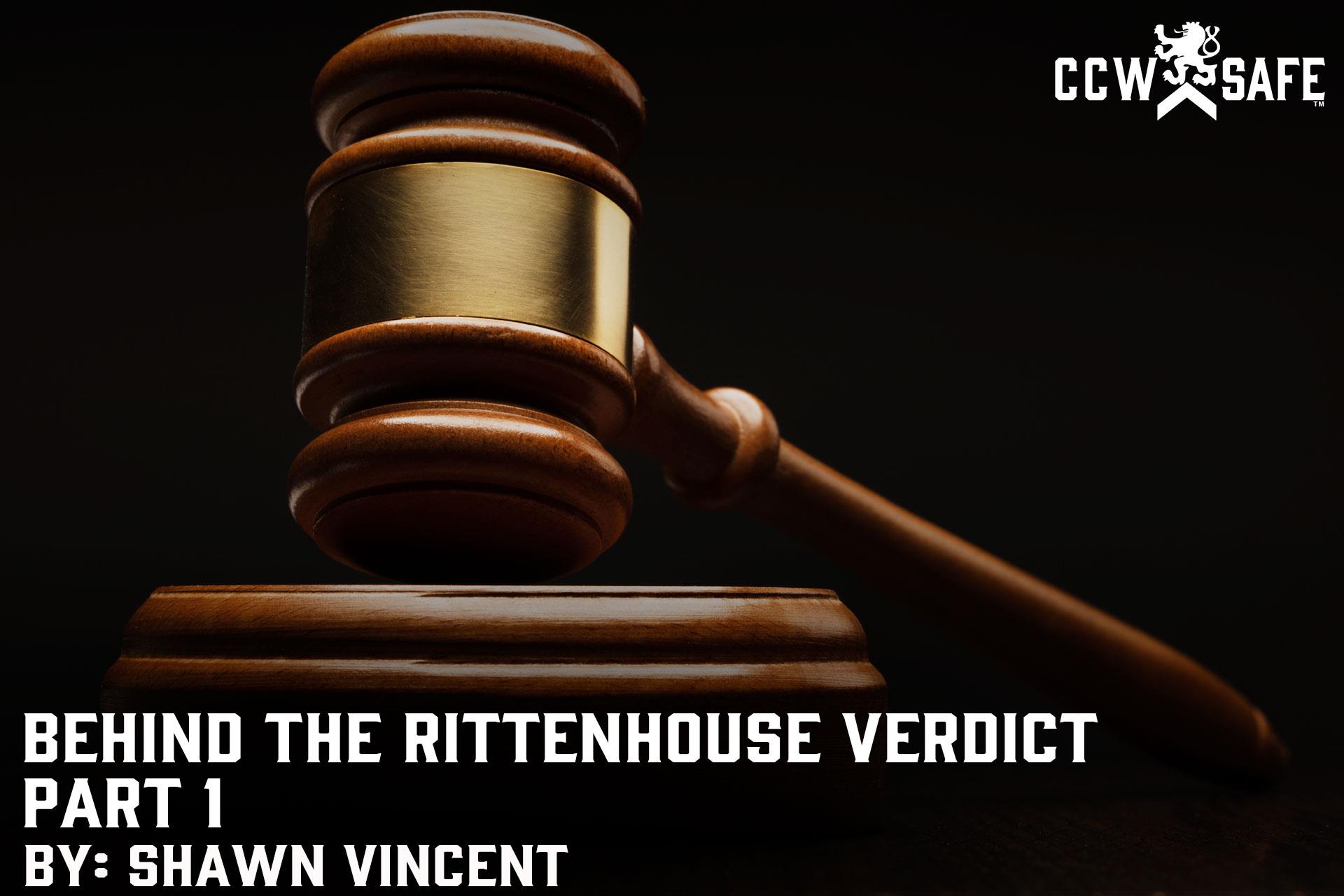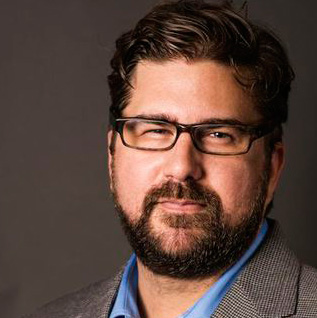
Posted on December 31, 2021
Behind the Rittenhouse Verdict – Part 1
These articles are not presented as any judgement or statement of opinion from CCW Safe. The content represents the thoughts and opinions of the authors. It is presented here to generate thought and discussion.
After spending 27 hours in deliberations over the course of four days, the jury in the Kyle Rittenhouse case found the defendant “not guilty” on all counts. While anyone who has an interest in gun rights or self-defense law is likely familiar with the Rittenhouse case, here are the key details: On August 25, 2020, Kyle Rittenhouse traveled to Kenosha, Wisconsin to protect a business during the second night of riots that had erupted amidst protests over the police shooting of Jacob Blake. Rittenhouse chose to carry an AR-15-style rifle for self-defense. A rioter named Joseph Roembaum targeted Rittenhouse, threatened him, and chased him down. After being cornered, Rittenhouse shot his attacker four times in response to Rosenbaum’s attempts to take his rifle. After the shooting, the crowd turned on Rittenhouse, and he fled towards where he knew there was a law enforcement presence. As Rittenhouse retreated, a man named Anthony Huber attacked him with a skateboard, knocking him to the ground, and Rittenhouse defended himself with one fatal shot. Shortly thereafter, a man named Gaige Grosskreutz aimed a pistol at Rittenhouse who ended the confrontation with a single non-fatal shot.
The jury had five felony counts to consider: First-Degree Intentional Homicide, First-Degree Reckless Homicide, Attempted First-Degree Intentional Homicide, and two counts of First-Degree Recklessly Endangering Safety. Rittenhouse was acquitted on all counts. On the day of the verdict, The Chicago Tribune ran a headline that read, “Reaction to Kyle Rittenhouse acquittal reflects nation’s polarized politics: Republicans claim 2nd Amendment victory, progressives call it a miscarriage of justice.” From a legal perspective, both parties identified in that headline had it wrong. NPR more precisely identified the real issues with the headline: “Why the Kyle Rittenhouse ‘not guilty’ verdict is not a surprise to legal experts.” In the courtroom, the Rittenhouse case wasn’t about gun rights, and it wasn’t about whether the criminal justice system treats everyone fairly. Legally, the Rittenhouse case was about whether the defender was justified each time he pulled the trigger.
Don West, criminal defense attorney and National Trial Counsel for CCW Safe says, “I think the prosecution attempted at every opportunity to expand the boundaries of this incident to include why and how Rittenhouse came to be there, how old he was, and how he came to be in possession of that long gun to start with. They wanted to expand it to include every bad or even misguided decision that was made.” The prosecution failed, and the defense lawyers managed to keep the jury focused on the individual acts of self-defense. Don West says, “The claim of self-defense really focuses on those moments before and after the fatal shots are fired, which doesn’t mean nothing that happened before can’t be relevant, but it isn’t necessarily legally relevant.”
Juries are asked to follow the law when they render their decisions, and the judge gives jurors instructions before sending them off to deliberate, but no authority asks jurors how they arrived at their verdict, and technically, they are allowed to reach any verdict they can all agree upon based upon any parameters they work out amongst themselves.
Don West says that juries sometimes deliver what is known as a “jury nullification,” meaning that, despite overwhelming evidence of guilt, the jury decides not to convict due to larger, extenuating circumstances. In the Rittenhouse case, one of the biggest risks to the defense was a “reverse jury nullification” where the jury might render a verdict based upon what they thought about Rittenhouse’s decision to bring a long gun to a riot, a decision that might have been influenced by their opinion of the 2nd Amendment or “vigilante justice.” Don West says, “The fear, of course, would be that the jury would make a decision based upon emotion or sympathy, things that they’re told not to do, but as human beings – living, breathing, feeling human beings – it enters into all the decisions we make.”
“The their credit,” Don says, “I think they saw through those emotional appeals made by the prosecution, and they did render verdicts based upon the law and the evidence.”
Legally, the jury wasn’t asked to render judgment on Rittenhouse for his decision to take a long gun to a potentially violent riot, and the jury’s legal verdict shouldn’t be read as validation of all of Rittenhouse’s actions on the night of August 25, 2020. Don says that all a jury is asked to decide is “whether or not the prosecution has made its case beyond a reasonable doubt. By no means does that mean a declaration of innocence.”
Kyle Rittenhouse chose to leave a place of safety, arm himself, and insert himself into a dangerous situation. Given the circumstances, he is extremely lucky he escaped his encounters in Kenosha alive, and he is even luckier that he survived the criminal prosecution without any convictions. Like it or not, gun rights and self-defense laws are controversial subjects, and it’s fair to say that any jury that renders judgment in any self-defense case will represent people with broad opinions on those subjects. The lesson for concealed carriers is that if you are ever judged for using deadly force, the jury won’t necessarily think the way you do about gun rights or self-defense, and no one can stop them from allowing those thoughts to impact their verdict. Do not leave a place of safety, arm yourself, and insert yourself into a dangerous circumstance unless you’re willing to place your fate into the hands of 12 strangers who are allowed to judge your actions based upon any criteria they choose. Kyle Rittenhouse got lucky, and a responsible armed defender should not count on luck.
 |
SHAWN VINCENT- LITIGATION CONSULTANTShawn Vincent is a litigation consultant who helps select juries in self-defense cases, and he manages public interest of high-profile legal matters. If you have any questions for Shawn, or would like more articles like this, let us know belo |